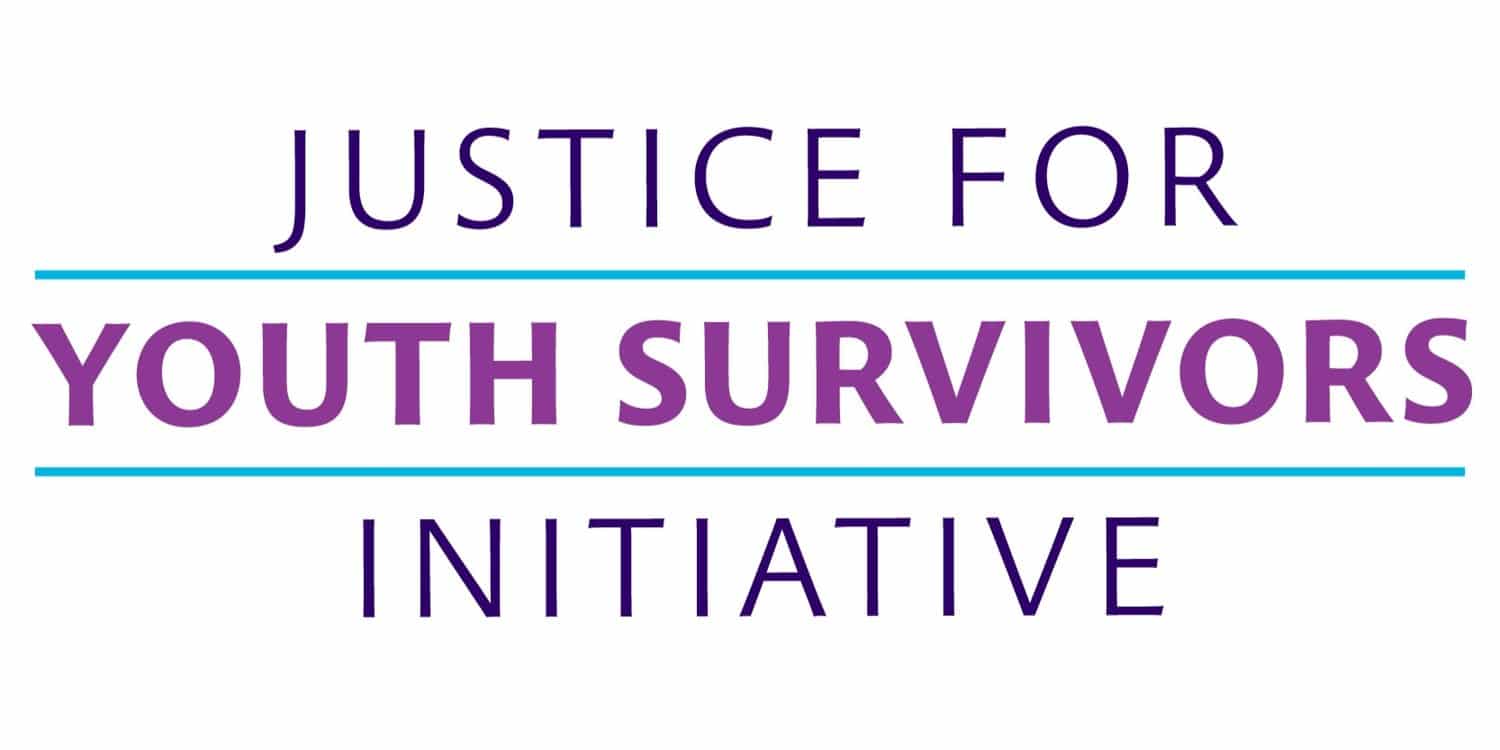50-State Survey
Laws that Reduce the Criminalization of Survivors of Gender-Based Violence
The criminalization of girls and women who experience gender-based violence—also known as the sexual abuse to prison pipeline—often occurs because the justice system fails to consider the context of survivors’ actions. Laws that expressly recognize that context as an exculpatory or mitigating factor can help end unjust criminal outcomes for survivors.
The 50-state survey is intended as a high-level summary designed to serve as a resource for attorneys and advocates who represent survivors in relevant cases, as well as policymakers and advocates seeking to end the criminalization of survivors of sexual violence who act in response to sexual abuse or sex trafficking. It is not an exhaustive survey and is not intended as legal advice.
Of the many statutes that may apply to survivors of sexual violence, this survey examines four categories of laws:
– Safe harbor laws. These laws prohibit or otherwise limit the prosecution of sex trafficking survivors on charges of prostitution.
– Laws related to establishing self-defense. The laws included in this survey address the admission of evidence to establish the “reasonableness” and “imminent” elements of proving self-defense. The survey focuses on laws that recognize the context of abusive relationships and patterns of sexual abuse or assault. It does not include laws that allow expert testimony relevant to “Battered Spouse Syndrome” or the equivalent.
– Mitigation. The mitigation laws included in this survey provide for reduced sentences when the survivor-defendant acts in response to experiencing sexual violence.
– Expungement and vacatur laws. This survey identifies laws that provide for sealing, setting aside, or destroying records of adjudication or conviction for offenses committed in response to sexual violence.
Click on a state to view its laws
List of States
Page 1 of 1
Filter laws by the criteria below
Please Help Maintain This Resource
We recognize that laws often change. If you have information that should be included in this resource, please share your comments or suggestions for updates or new information so that this resource stays current.

